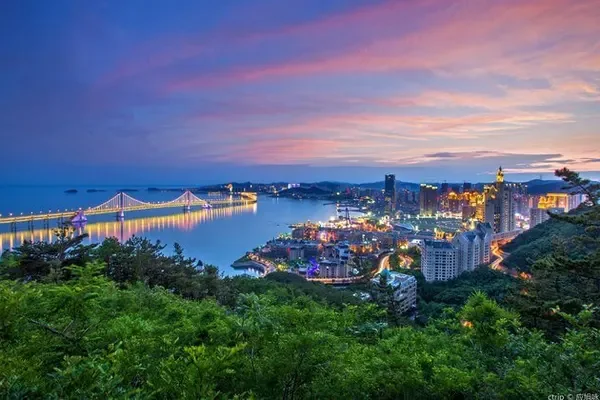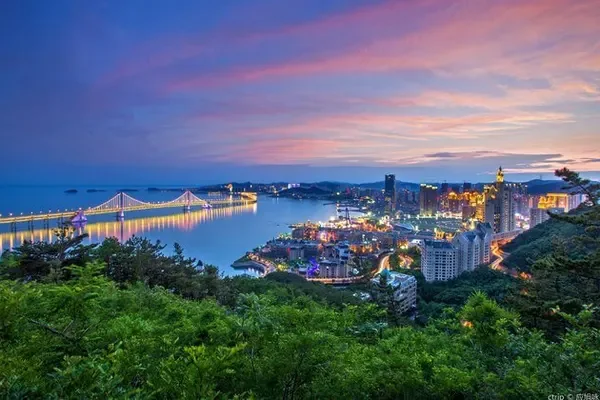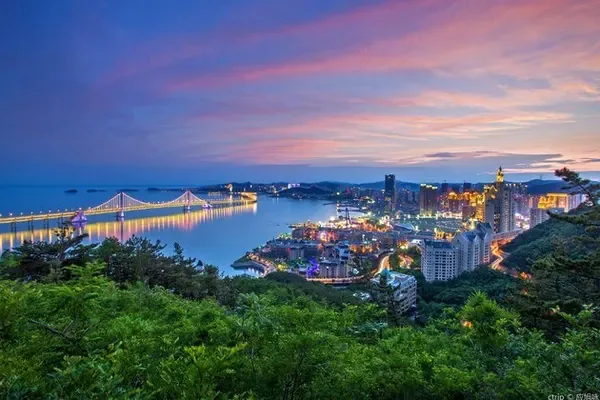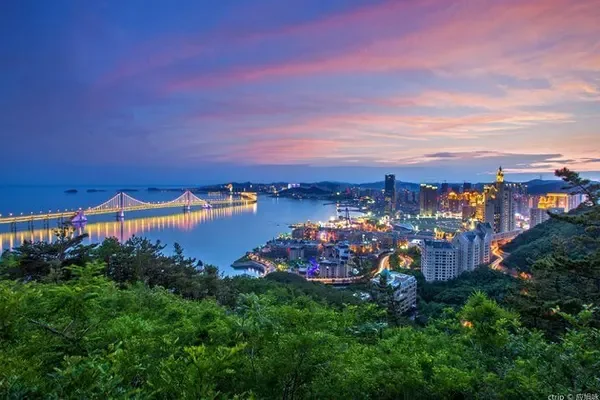A mesa is an isolated, flat-topped elevation, ridge or hill, which is bounded from all sides by steep escarpments and stands distinctly above a surrounding plain. Mesas characteristically consist of flat-lying soft sedimentary rocks capped by a more resistant layer or layers of harder rock, e.g. shales overlain by sandstones. The resistant layer acts as a caprock that forms the flat summit of a mesa. The caprock can consist of either sedimentary rocks such as sandstone and limestone; dissected lava flows; or a deeply eroded duricrust. Unlike plateau, whose usage does not imply horizontal layers of bedrock, e.g. Tibetan Plateau, the term mesa applies exclusively to the landforms built of flat-lying strata. Instead, flat-topped plateaus are specifically known as tablelands.
Yuli, also known as "Luo Bunur", gets its name from "Lop Nur", meaning "lake with plump aquatic plants". It is located in central Xinjiang, in the hinterland of Bayingol Mongolia Autonomous Prefecture, 520km away from Urumqi and 50 km south of Korla, with a total area of 59700 square kilometers. It has jurisdiction over 7 townships, 1 town, 9 communities and 50 administrative villages. There are 5 regiment fields of the second Division of the production and Construction Corps in the county and 5 units directly stationed in the county (31 regiment, 33 regiment, 34 regiment, Chara water pipe of the second division, and the downstream management station of the Peacock River of the Bayingol Administration Bureau of the Tahe River). The National Highway 218 runs through the whole county and is one of the important transportation hubs in southern Xinjiang. It is particularly rich in mineral resources and tourism resources. It is known as the "back Garden" of Korla.





